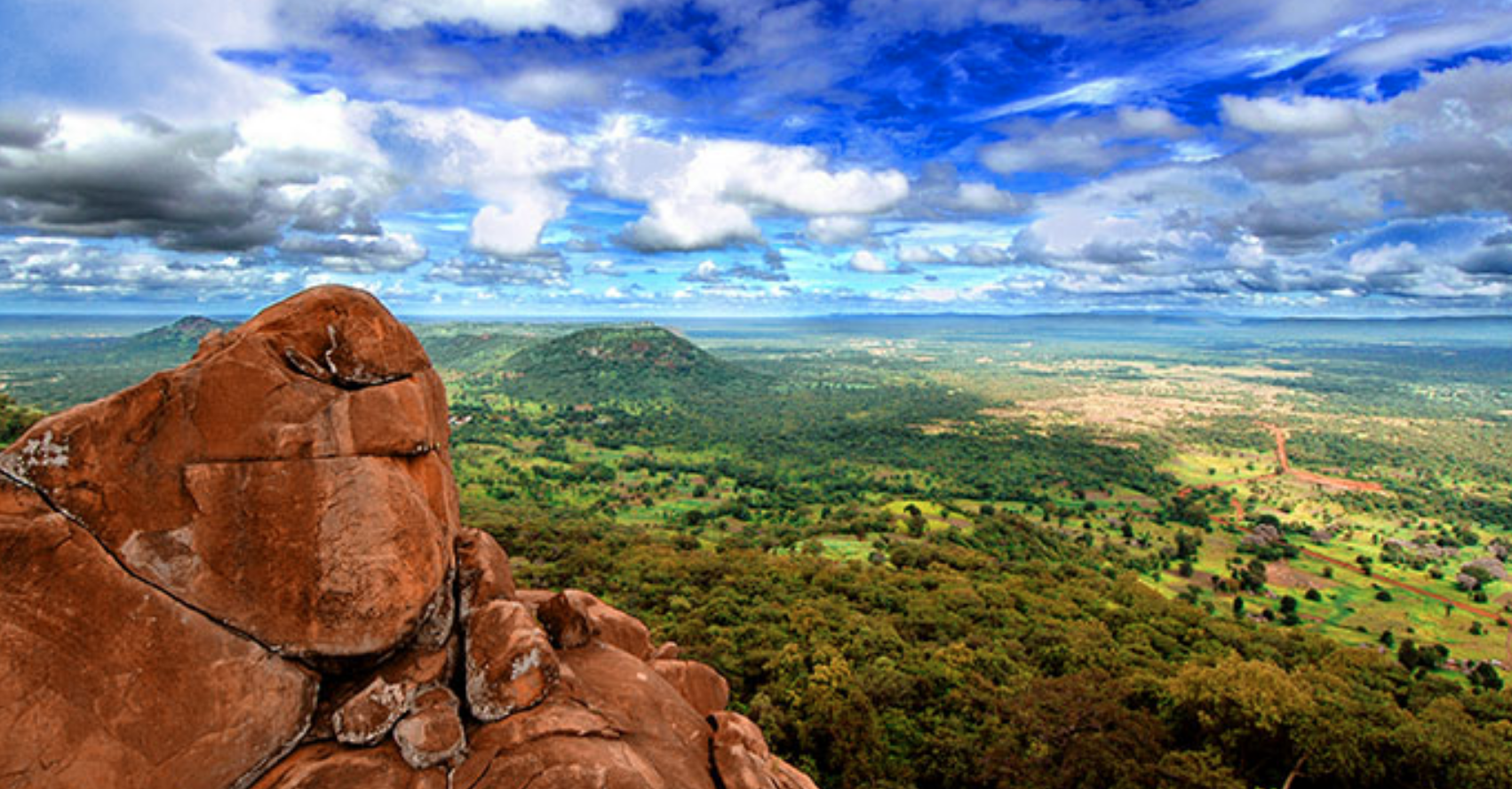UNESCO removes Senegal national park from heritage in danger list
Niokolo-Koba, located in the southeastern Tambacounda region and spanning an area of 913,000 hectares, was inscribed on the World Heritage in Danger list in 2007 by the UN body for education, science and culture.

DAKAR, Senegal - UNESCO on Wednesday removed Senegal's largest national park, Niokolo-Koba, from a list of endangered sites following "positive steps" by authorities to improve conservation in the biodiversity hub.
Niokolo-Koba, located in the southeastern Tambacounda region and spanning an area of 913,000 hectares (3,500 square miles), was inscribed on the World Heritage in Danger list in 2007 by the UN body for education, science and culture.
The park's gallery forests and savannahs are home to wildlife including the giant eland -- the largest of the antelopes -- chimpanzees, lions, leopards, elephants, and numerous birds, reptiles and amphibians.
During a meeting in India's capital New Delhi, the UNESCO World Heritage Committee "decided on Wednesday to remove Niokolo-Koba National Park in Senegal from the List of World Heritage in Danger, following the positive steps taken by (the state), which have contributed to improving the natural site's state of conservation," the body said in a statement.
The park was inscribed on UNESCO's World Heritage List in 1981 and has faced a series of threats in recent years.
"Wildlife depletion, poaching, basalt mining and other human activities have threatened its Outstanding Universal Value, leading to its inscription on the List of World Heritage in Danger in 2007," UNESCO said.
"This decision enabled Senegal to develop and implement an ambitious action plan with the support of UNESCO and the international community, which has resulted in a significant improvement in the property's state of conservation over the past seven years," it added.
UNESCO said monitoring of emblematic species had significantly improved and "considerable resources" had been allocated to surveillance in order to tackle poaching, illegal gold panning and to better organise the seasonal movement of livestock.
Summer talks on which UNESCO World Heritage sites are deemed to be endangered began in the Indian capital on Sunday, with countries battling against featuring on the list. - AFP
Download Sinar Daily application.Click Here!














